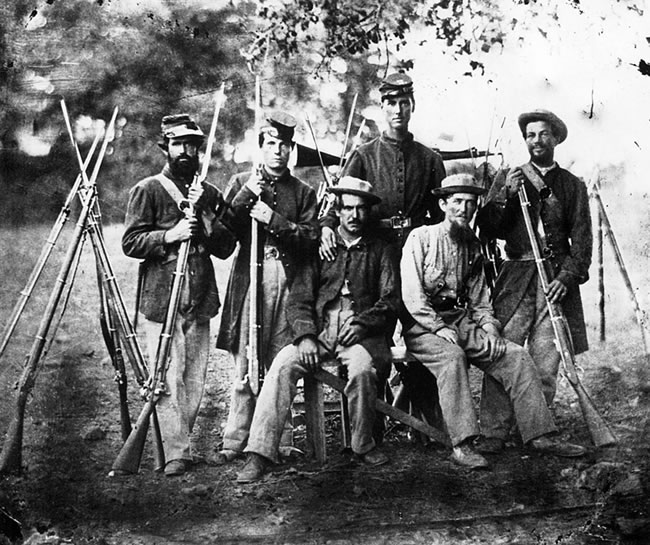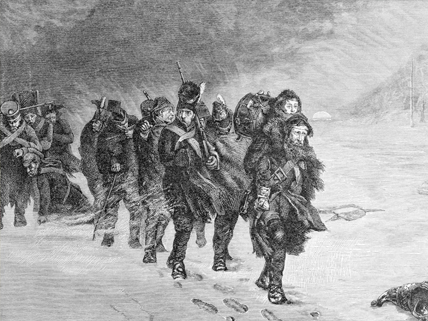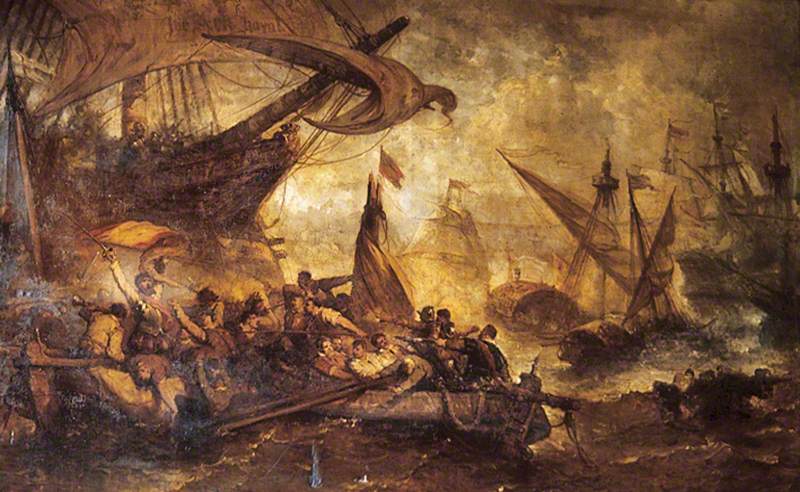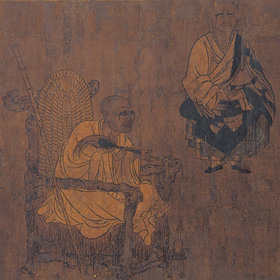Mother whose heart hung humble as a button
On the bright splendid shroud of your son,
Do not weep.
War is kind!
Category: War
We will remember them. The French soldiers. Russia 1812
They were no longer living men and troops,
but a dream drifting in a fog, a mystery…
We will remember them. The Spanish Sailors. Cadiz 1596
Death by fire and water: John Donne
We will remember them. The Chinese Soldiers. 8th century
By the North Gate, the wind blows full of sand
Commanding Officers
Commanding Officers; plus ça change, plus c’est la même chose.
War and Friendship
Since I got the news that you were coming back,
Twice I have mounted to the high wall of your home.
Battle
He goes, god of battles,
the stars in his stride
run, run from the death-blow!







